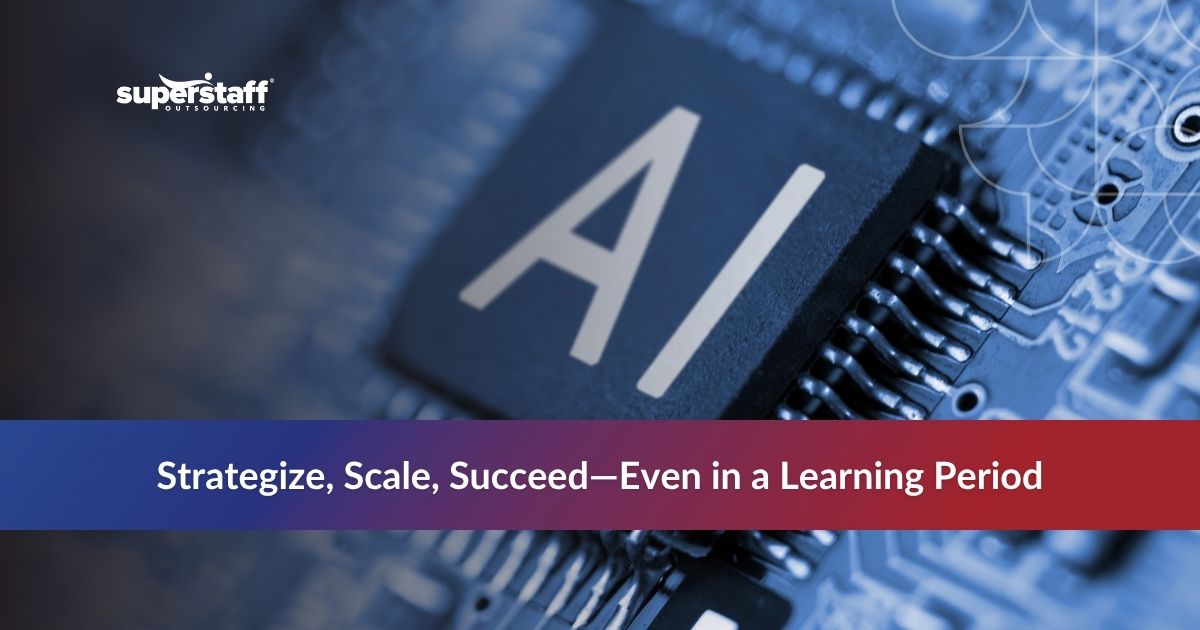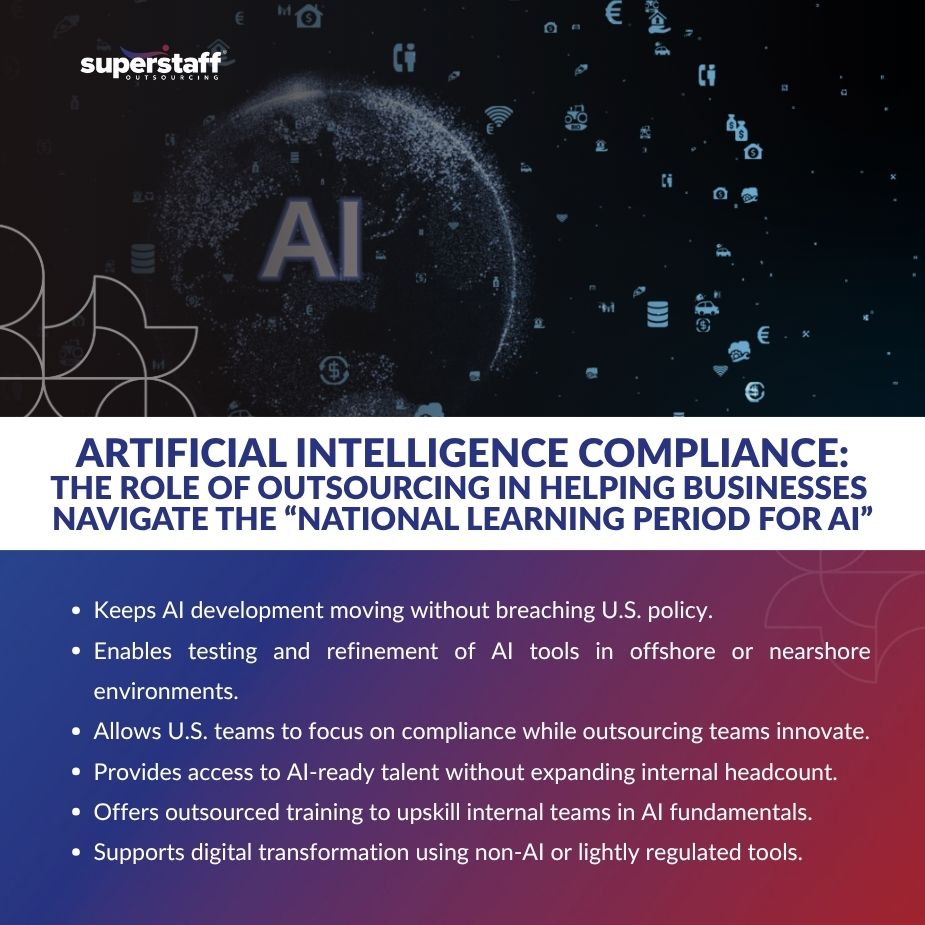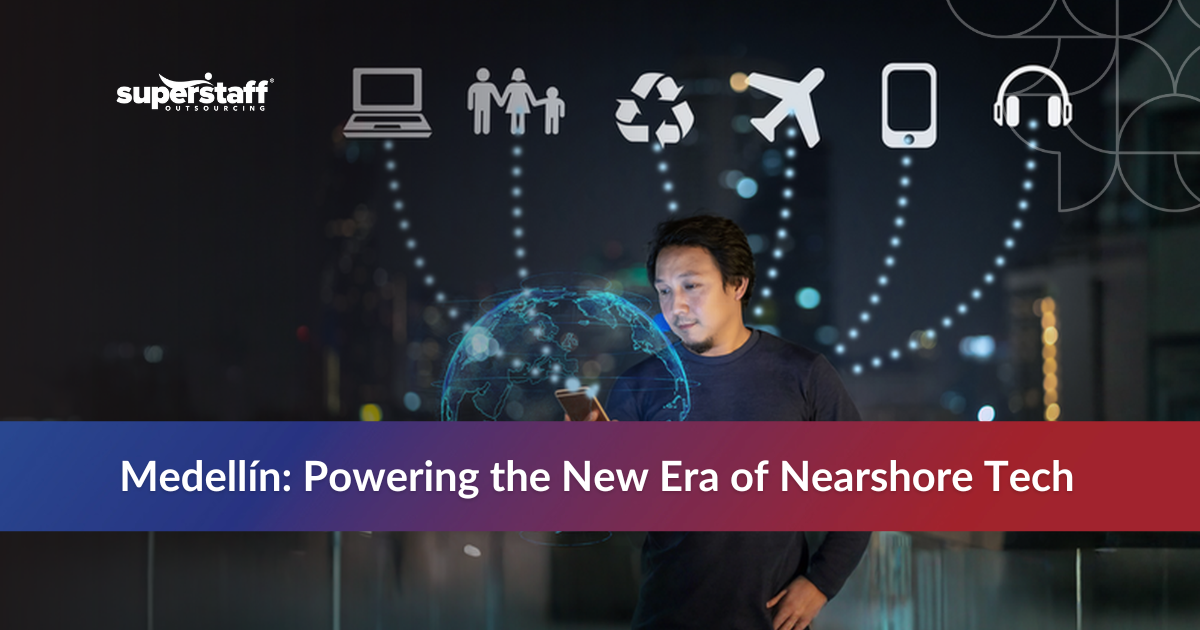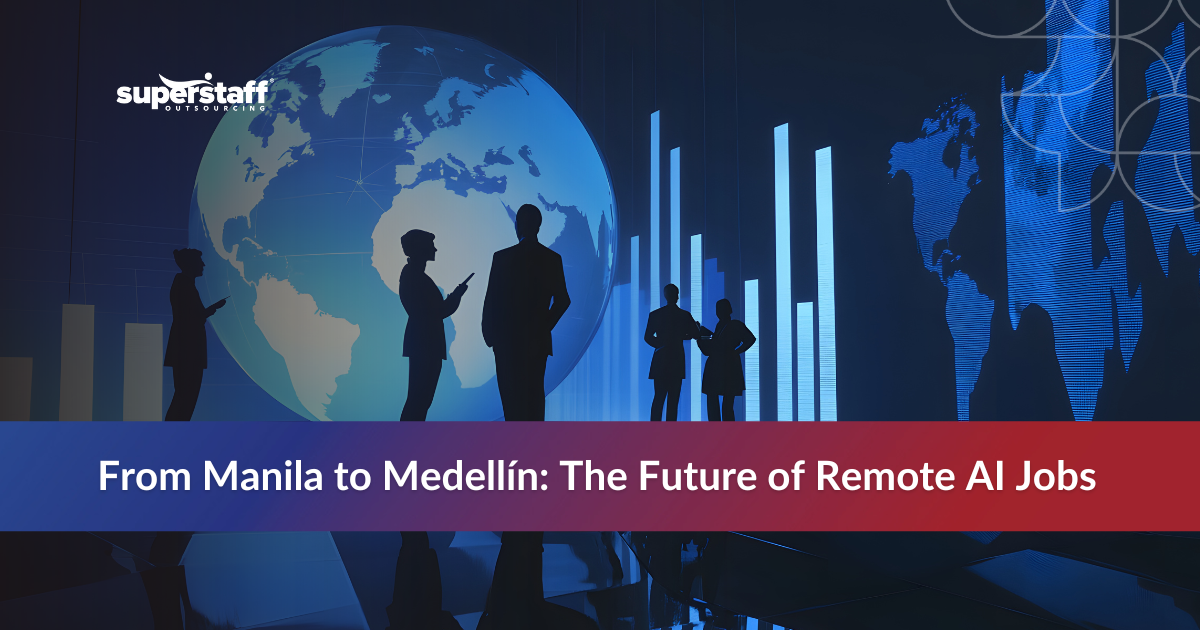
Lawmakers are calling for a “National Learning Period for AI”—but what does this pause really mean for your business?
As the United States considers a national slowdown on artificial intelligence implementation, policymakers hope to create space for deeper reflection on AI’s ethical, legal, and social implications. The goal? To establish frameworks that ensure safe, transparent, and responsible AI development—especially when it comes to artificial intelligence compliance—before the technology becomes too embedded in everyday systems.
But for businesses, particularly those navigating rapid digital transformation, the prospect of slowing down may feel counterintuitive. In a fiercely competitive global market, pausing AI adoption could mean falling behind more agile competitors abroad.
Here’s the good news: businesses don’t have to hit pause. Instead, this “learning period” presents a unique opportunity to proactively strengthen your organization’s AI readiness and address artificial intelligence compliance head-on. Rather than waiting for regulations to catch up, companies can use this time to lay the groundwork for smarter, safer, and more strategic tech integration.
In this blog, we explore how business leaders can stay ahead during this legislative transition—especially by tapping into outsourcing partnerships. From accessing skilled AI talent to accelerating innovation through scalable solutions, learn how to turn a national slowdown into a competitive leap forward.
The “National Learning Period” Signals a Slowdown in AI Adoption—But Only Domestically
In response to the rapid rise of artificial intelligence, U.S. lawmakers are proposing a “National Learning Period”—a measured pause in domestic AI development and deployment. This initiative is designed to give policymakers time to craft robust frameworks that ensure ethical AI use, privacy protection, and long-term safety. While this legislative pause may sound like a full stop, the reality is that it’s limited in scope—and time.
At the heart of this initiative is a push to establish clear government regulations on AI that align innovation with accountability. But while the U.S. debates the pace and structure of these new rules, the global AI race is far from slowing down.
Countries like China are accelerating national AI strategies, heavily investing in AI research, infrastructure, and real-world deployment across sectors. The European Union has already rolled out the AI Act, a comprehensive legislative framework that outlines clear rules for developers and users. These governments aren’t waiting—they’re shaping the rules while racing ahead with innovation.
If the U.S. doesn’t maintain a parallel path of strategic innovation, it risks widening the global AI gap. A full pause in business adoption—especially in private sectors—would not only stall innovation but could also erode the country’s tech competitiveness in the long run.
But here’s the opportunity: the “National Learning Period” doesn’t mandate businesses to freeze in place. Instead, it signals a need to move forward thoughtfully. Smart companies are treating this period not as a shutdown, but as a strategic inflection point. They are exploring compliant, scalable solutions that keep them on the path to AI maturity—while aligning with evolving government regulations on AI.
So how can companies maintain momentum without breaching new legislative boundaries? Let’s explore one of the most viable options: outsourcing.
Outsourcing AI Development and Support Allows U.S. Firms to Scale Cautiously but Smartly
As part of a smart business response to the National Learning Period for AI, many companies are turning to outsourcing to balance innovation with regulatory caution. For organizations aiming to stay on the leading edge of technology without falling afoul of legislative scrutiny, outsourcing AI development and support can be a game-changer.
Working with experienced partners in established outsourcing destinations offers the flexibility to experiment and innovate—without bearing all the risk internally. Global outsourcing teams—especially those based in regions already building strong AI capacity—enable companies to test AI applications in controlled, sandbox environments. Whether it’s developing machine learning models, refining customer service chatbots, or piloting AI-driven analytics, offshore and nearshore partners provide an extra layer of separation from direct compliance risk.
This approach allows U.S. firms to maintain forward momentum in AI adoption while their internal teams focus on understanding and aligning with emerging regulations. In short, outsourcing is becoming a key strategic lever in how businesses adapt to—and thrive during—this national pause.
For example:
- Nearshore teams in Latin America can conduct research and development in real-time collaboration with U.S.-based operations.
- Offshore teams in Asia, particularly the Philippines and India, offer highly skilled tech professionals who can build, test, and optimize AI tools without interrupting core operations.
The result? Businesses can continue to innovate while keeping their local operations focused on compliance and governance. This outsourcing model creates a safety valve—allowing organizations to move forward responsibly without coming to a standstill.
But innovation doesn’t stop at development—it must extend to the people behind the tech. That’s where training and internal upskilling come into play.

The “Learning Period” Is a Golden Window for Reskilling Teams and Future-Proofing Talent
As policymakers and executives alike reflect on the ethical implications of AI, one thing becomes clear: AI adoption in business is not slowing down, and the most future-ready companies will be those with AI-literate workforces. The “National Learning Period” is an ideal time for businesses to strengthen internal digital capabilities and build a culture of continuous learning.
One of the most efficient ways to do this? Partner with outsourcing firms that offer Learning and Development (L&D) services tailored to AI.
Outsourcing providers, particularly those in the BPO industry, are already offering modular, scalable training programs that help businesses upskill their teams in:
- Prompt engineering: Critical for generative AI use cases
- Data handling and management: Essential for responsible machine learning
- AI ethics and governance: Key to staying compliant with emerging regulations
English-speaking BPO hubs like the Philippines are especially well-equipped to deliver these programs, thanks to their strong communication skills, cultural alignment with Western business standards, and growing investments in AI education. Some providers even offer white-labeled training solutions that allow companies to customize content to their unique operational and compliance needs.
In short, this isn’t downtime—it’s development time. The companies that seize this moment to empower their teams will emerge from the learning period stronger, savvier, and more tech-competitive.
Of course, tech competitiveness isn’t just about people—it’s also about systems.
Digital Transformation Continues—And BPO Partners Can Help Businesses Modernize Without Overstepping AI Policy Limits
Even with AI adoption under federal scrutiny, digital transformation isn’t slowing down. Cloud computing, robotic process automation (RPA), and advanced analytics remain essential tools for modern business operations. These non-AI or lightly regulated technologies offer tremendous value—and they’re fully compatible with ongoing policy considerations.
BPO partners can help organizations:
- Streamline operations using well-established automation platforms that don’t rely on generative AI
- Implement AI-ready systems like ERP or CRM software with built-in governance features
- Deploy analytics dashboards and predictive tools that enhance decision-making without triggering regulatory red flags
By outsourcing these capabilities, businesses can continue their digital evolution while maintaining artificial intelligence compliance. For example, customer experience (CX) operations can be upgraded using intelligent routing systems, sentiment analysis, and omnichannel support tools—all of which leverage data-driven automation without crossing into controversial AI territory.
More importantly, BPO providers bring implementation expertise, allowing companies to roll out these tools efficiently and with minimal internal disruption. With compliance built into every stage of deployment, businesses ensure they’re not only innovating but also aligning with emerging standards for artificial intelligence compliance. As a result, they don’t just maintain momentum—they accelerate it, positioning themselves for smoother AI integration once regulations are finalized.
To do all this effectively, businesses need outsourcing partners who understand both tech and policy environments—and who are prepared to act as strategic advisors.
Nearshore and Offshore Partners Offer the Speed, Scale, and Strategy Businesses Need in Uncertain Policy Environments
Global outsourcing is no longer just about cost-efficiency—it’s about innovation at scale. In today’s AI landscape, U.S. businesses need partners that can move quickly, adapt to evolving regulations, and help them maintain a competitive edge. Fortunately, many BPO hubs around the world are already investing in AI capability-building.
- In Colombia, for instance, government-backed tech initiatives have helped position the country as a fast-growing nearshore destination. With teams aligned to U.S. time zones, Colombian outsourcing providers offer real-time support, agile development, and seamless cross-border collaboration.
- Meanwhile, in the Philippines, BPO companies are embedding AI into core services—particularly in customer support, data entry, and CX management. Filipino teams are being trained to work alongside AI tools, not just as end users, but as active participants in improving them. From AI-enhanced chat to intelligent document processing, Filipino BPOs are making AI accessible and actionable for global clients.
These partners offer more than operational support—they can serve as innovation labs. While your internal teams focus on compliance and strategy, nearshore and offshore teams can explore, build, test, and iterate—helping you make informed decisions about what to scale, when to scale it, and how to remain compliant.
And when the “learning period” ends, businesses that took action now will have a significant head start.
Accelerate Artificial Intelligence Compliance With SuperStaff
The proposed “National Learning Period for AI” is not a reason to slow your business down—it’s a chance to speed up the right way. Instead of halting innovation, companies can use this period to build smarter, safer, and more strategic foundations for AI adoption.
Here’s how:
- Outsource AI functions to trusted global partners who can maintain progress while aligning with regulatory expectations.
- Invest in team upskilling through outsourced L&D programs focused on AI fundamentals, ethics, and compliance.
- Modernize operations with scalable, AI-ready technologies supported by experienced BPO providers.
- Leverage the global outsourcing ecosystem—from time-zone-aligned teams in Colombia to AI-trained customer experience professionals in the Philippines.
By doing so, your business won’t just stay afloat during this policy shift—it will thrive.
Partner with SuperStaff to build your AI-ready future—securely, strategically, and at scale. With decades of experience, multilingual capabilities, and forward-thinking solutions, SuperStaff helps businesses lead the way through technological transformation, no matter where the world stands on policy.
Let’s navigate the AI era—together.






